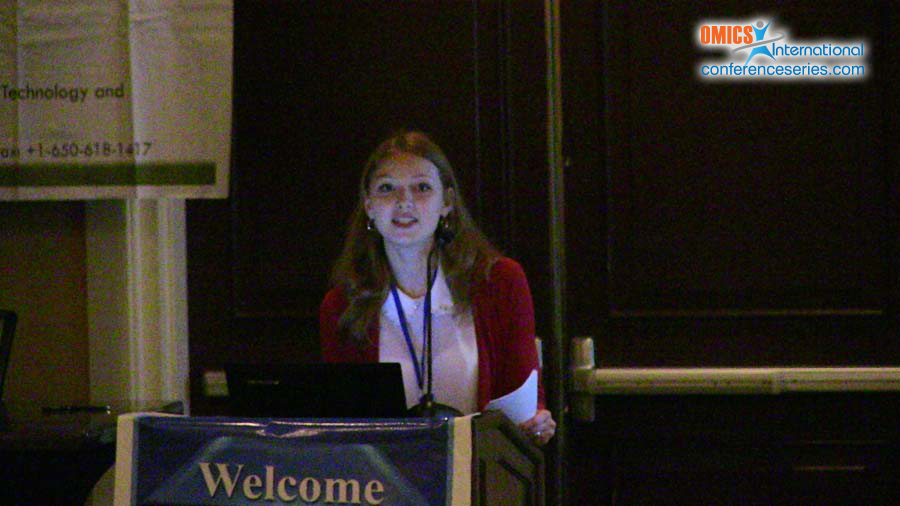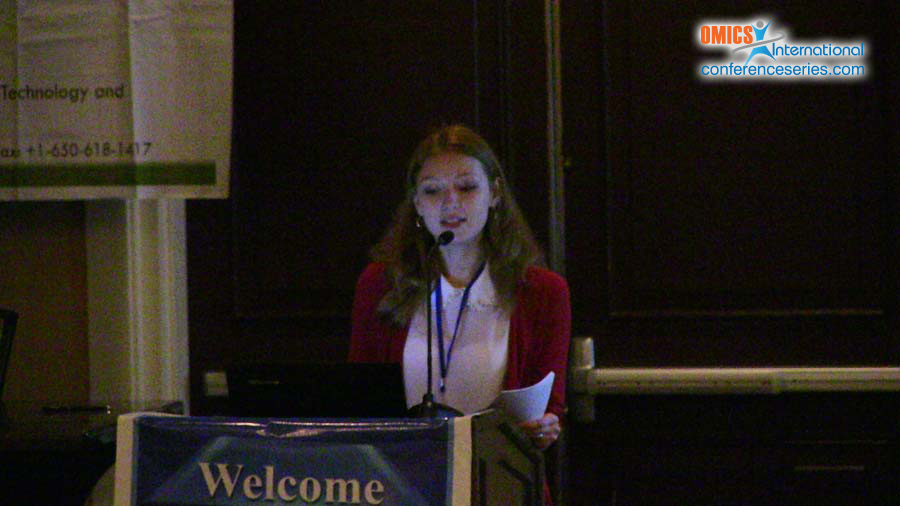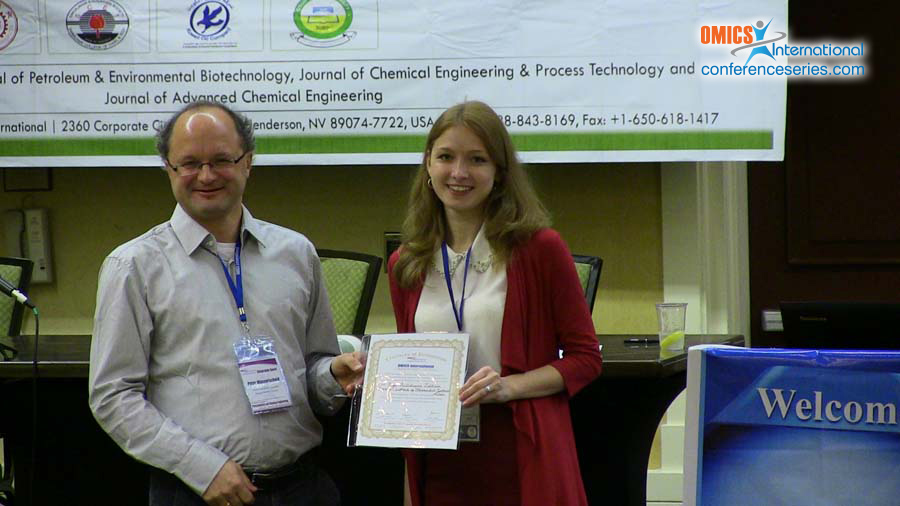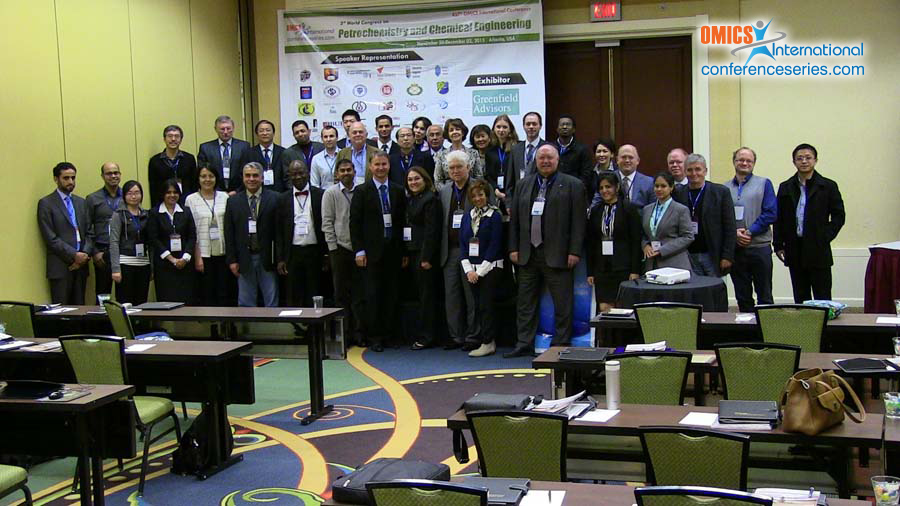
Olga Vladimirovna Zaitceva
Gubkin Russian State Oil and Gas University, Russia
Title: The structural changes of asphaltenes and metalloporphyrins during hydroconversion
Biography
Biography: Olga Vladimirovna Zaitceva
Abstract
One of the major problems in the deep processing of heavy petroleum feedstock is the high impurity content such as sulfur, nitrogen, vanadium and nickel, concentrated in asphaltene fractions. The solution of this problem most effectively implemented in the hydro-conversion process in the presence of a nano-sized catalyst particles that are synthesized in situ in the reaction environment. The influence of hydro-conversion conditions on the character of changes of molecular and colloidal structures asphaltenes and distribution of metals in hydro-conversion products has been studied. In a previous work, it was noted that the molecular structure of asphaltenes depending on conditions of the process varies in a discrete manner, passing through a step of Transitional State (TS), in which system is the most susceptible to the action of external factor. Investigations of changes in surface morphology asphaltenes during hydro-conversion confirm the main features of the structural transformations of asphaltene molecules depending on the temperature and the number stages of conversions of asphaltenes in the reaction zone. It is shown that the qualitative rearrangement of the molecular structure of asphaltenes by passing through the TS, where the system is most active, leads to qualitative changes in the surface morphology of the asphaltenes and to a change of colloid-chemical structure of the system. Thus, hydro-conversion parameter intervals, corresponding to the TS, are the most favorable in terms of regulation of structural transformations of macromolecular components and increasing level of conversion with low coke formation.




